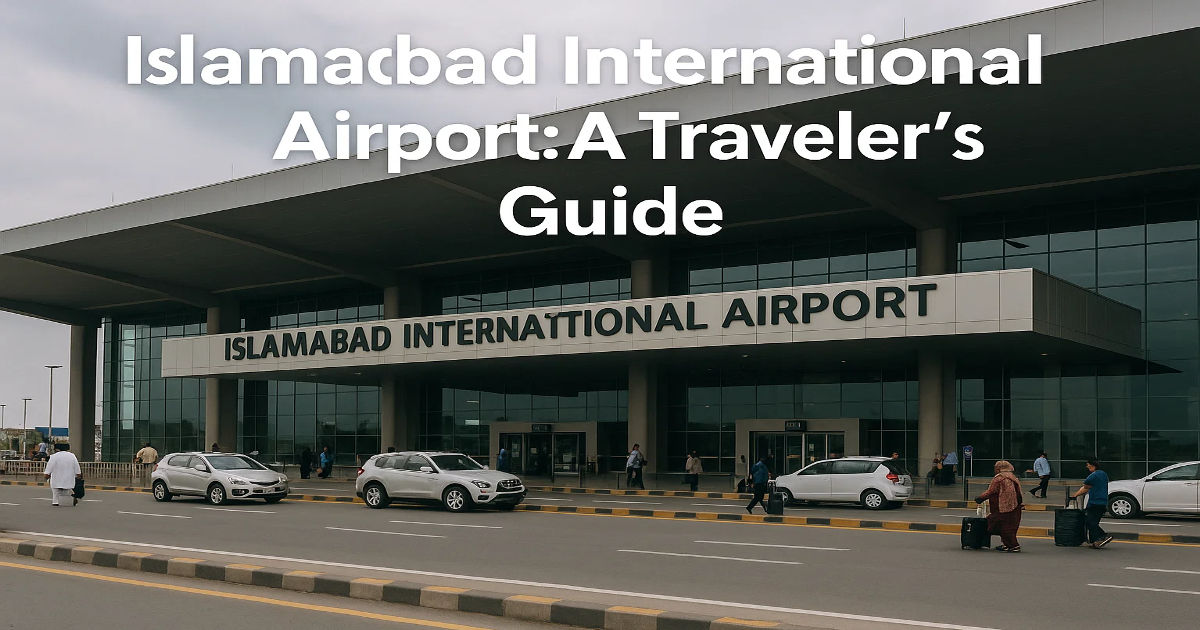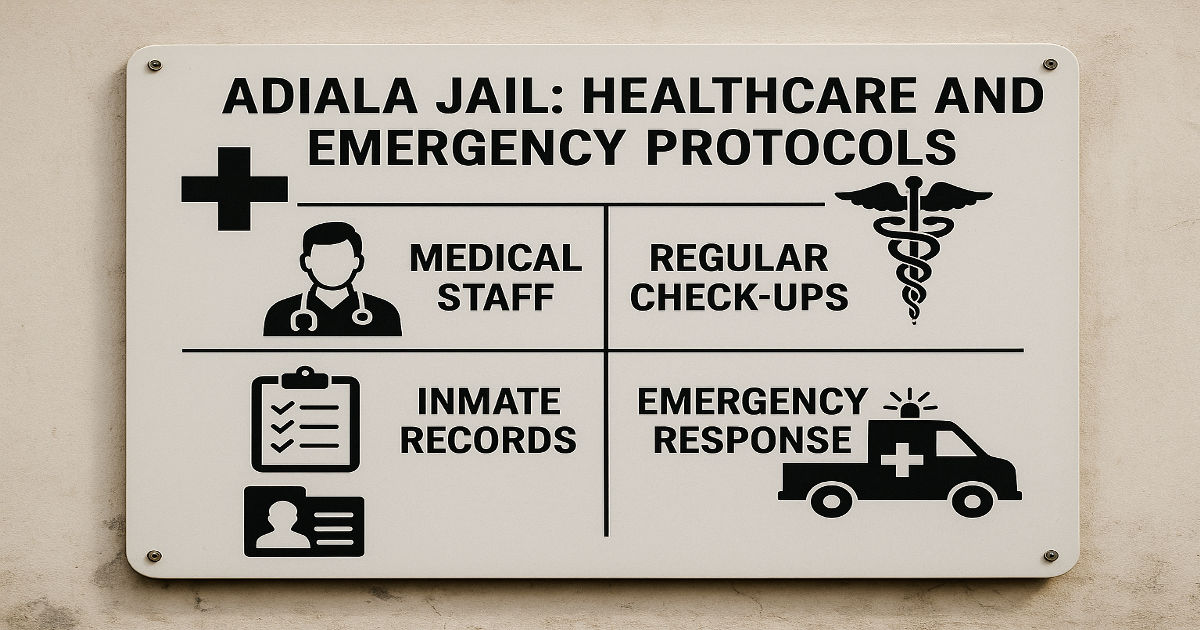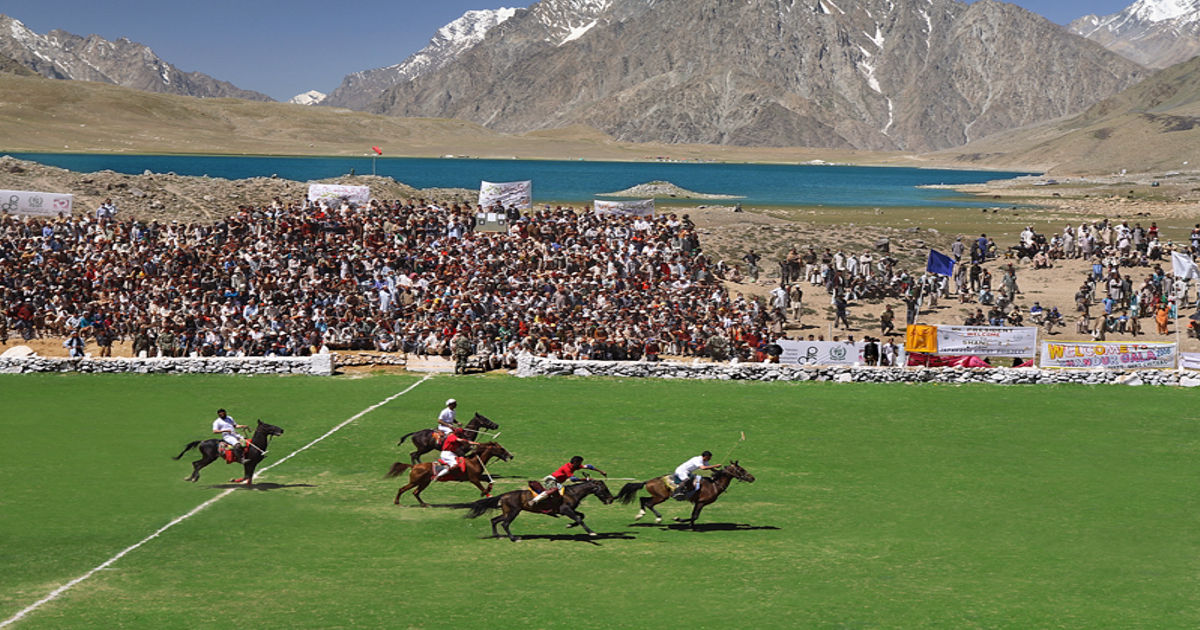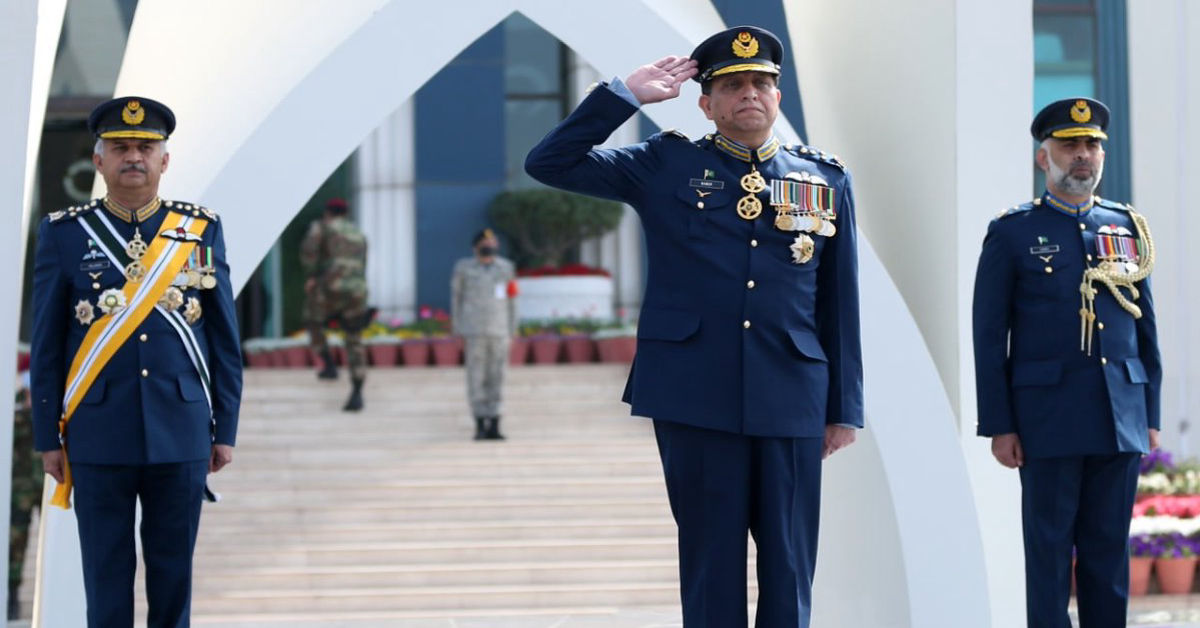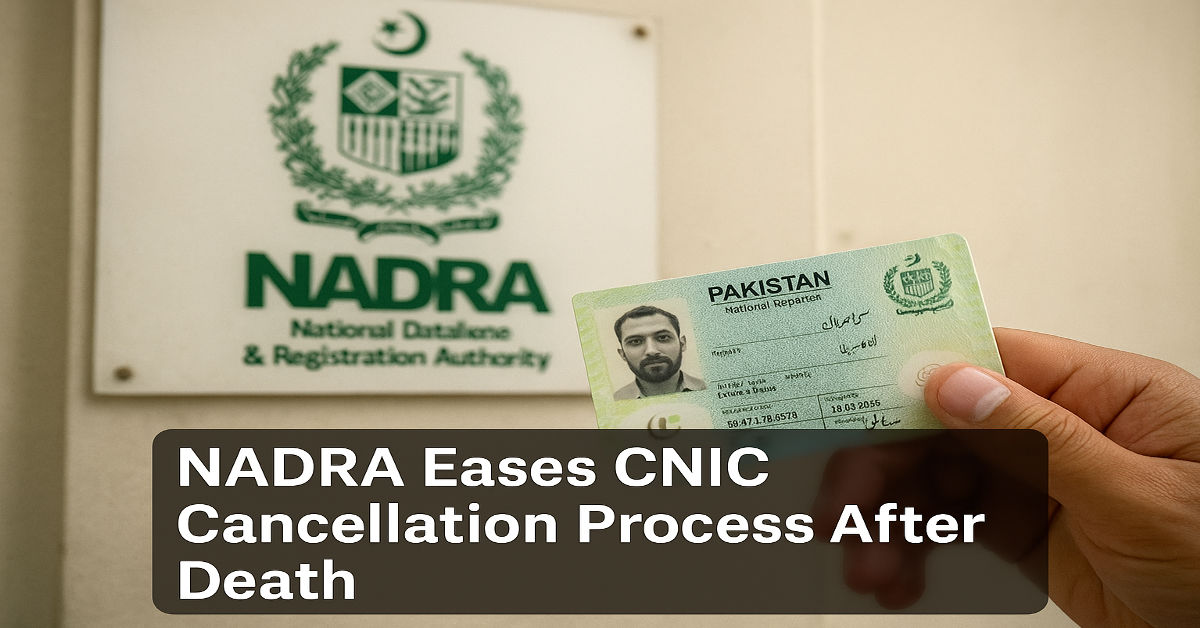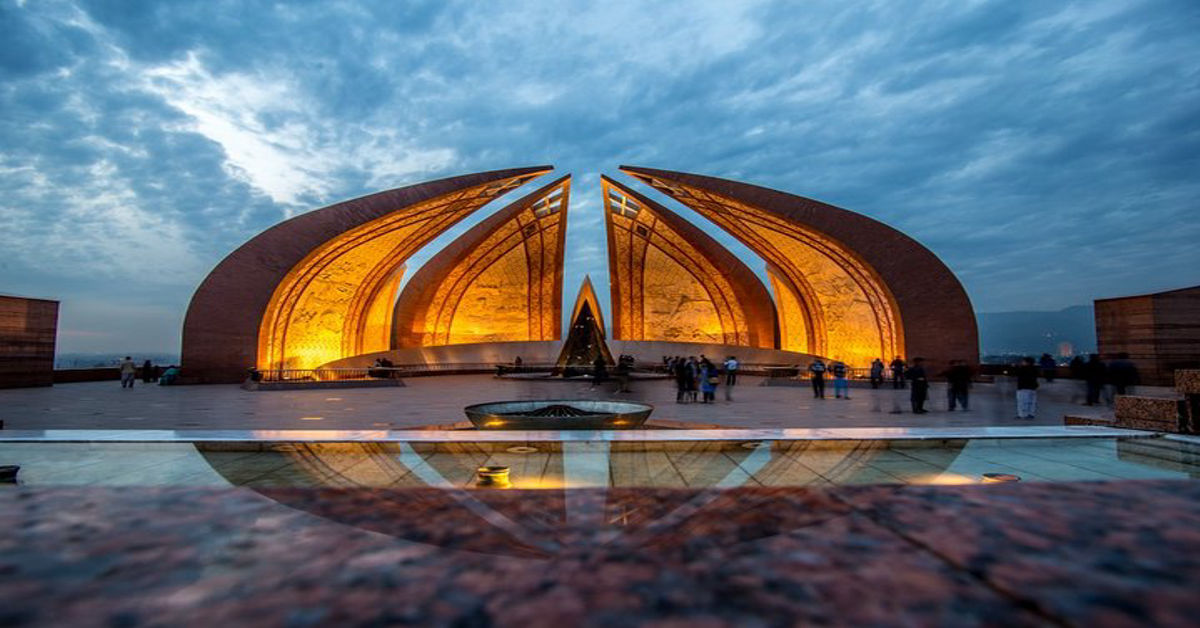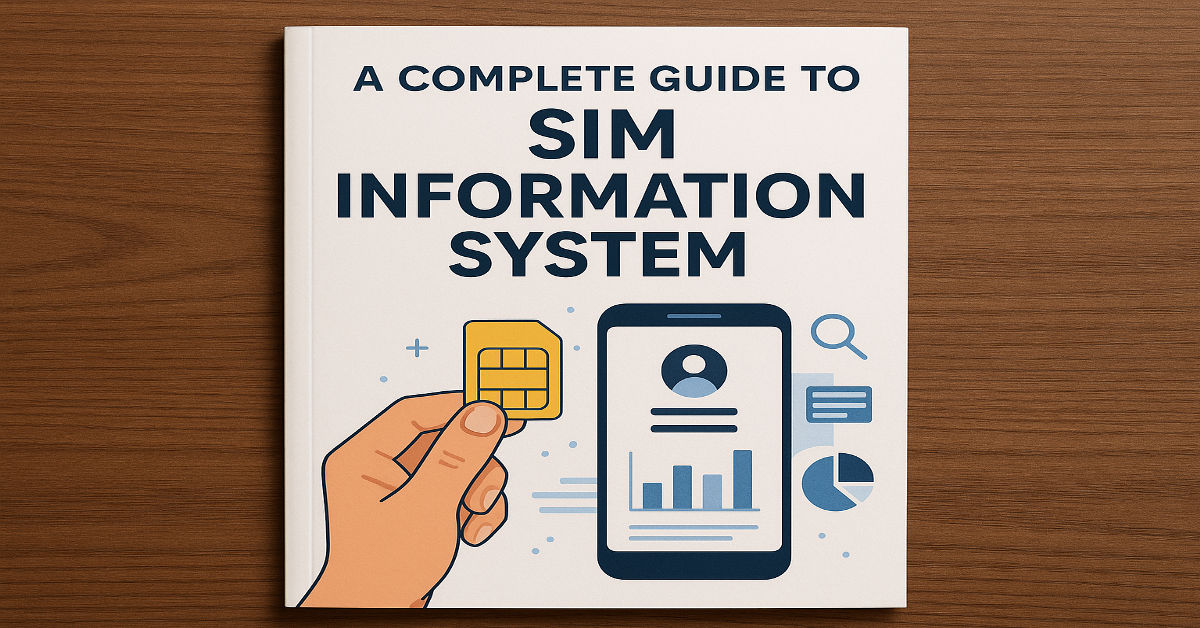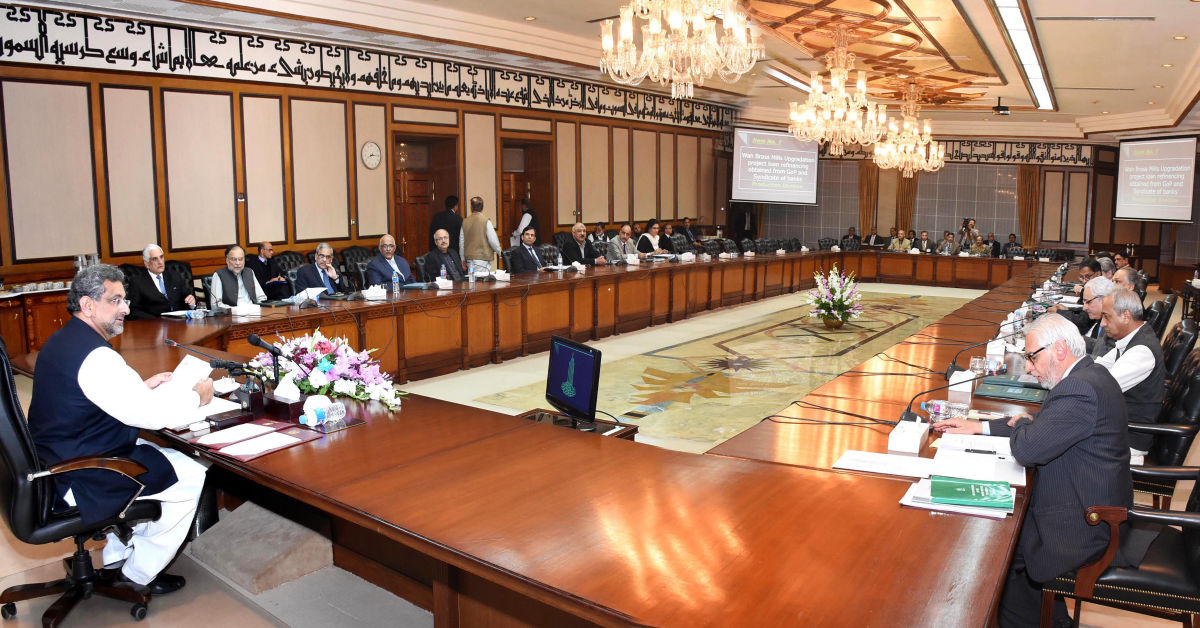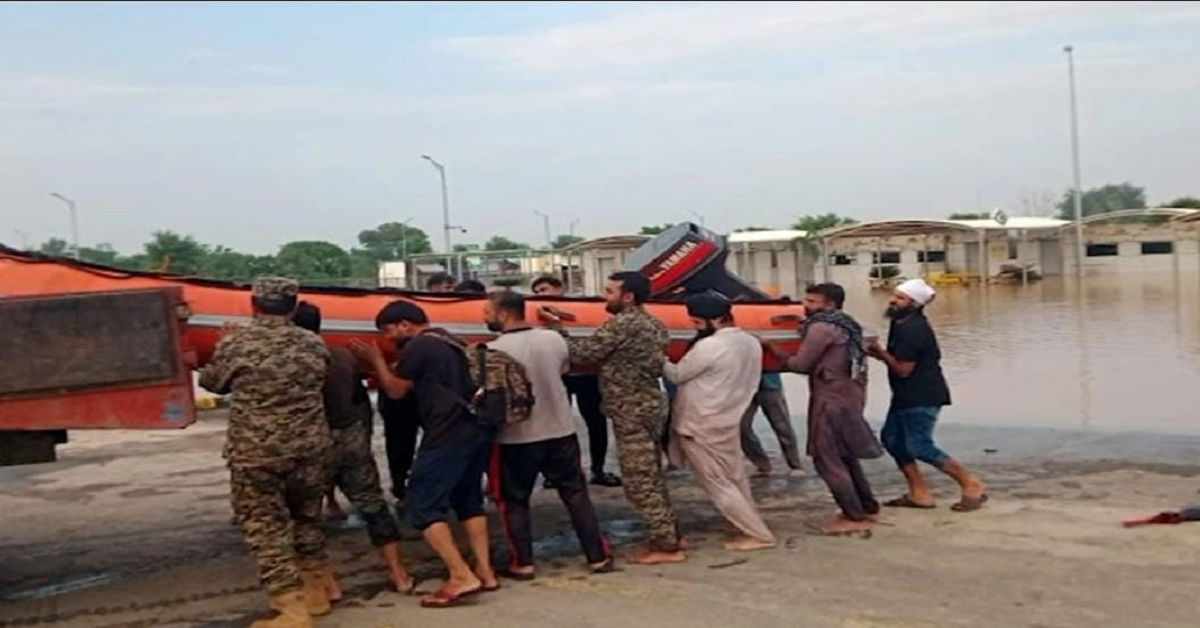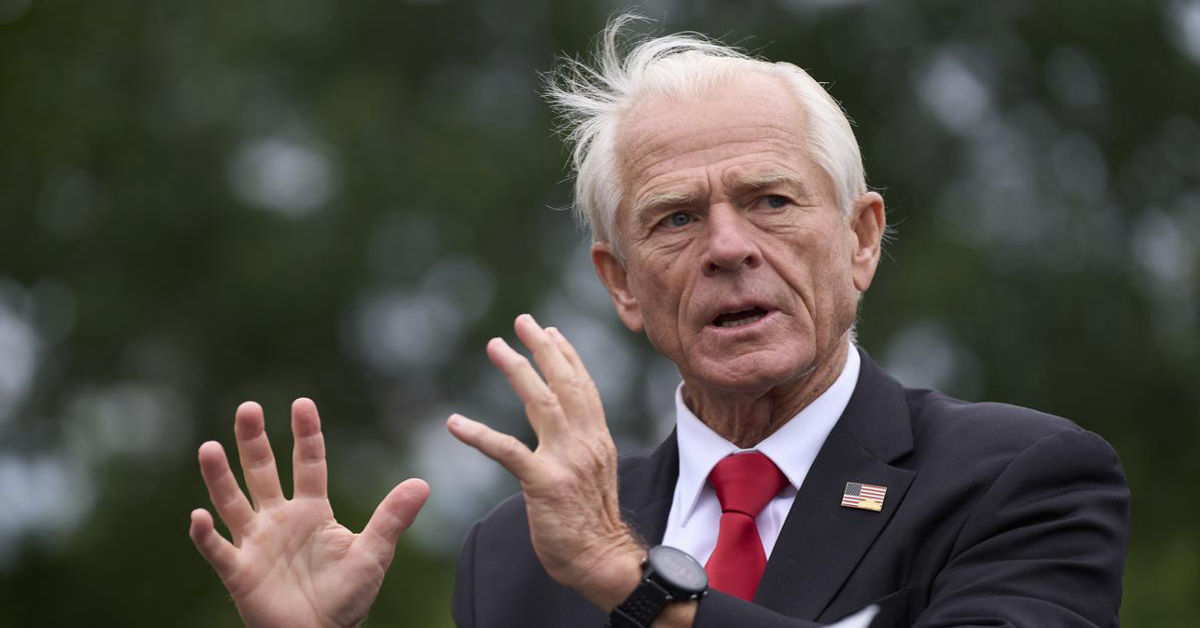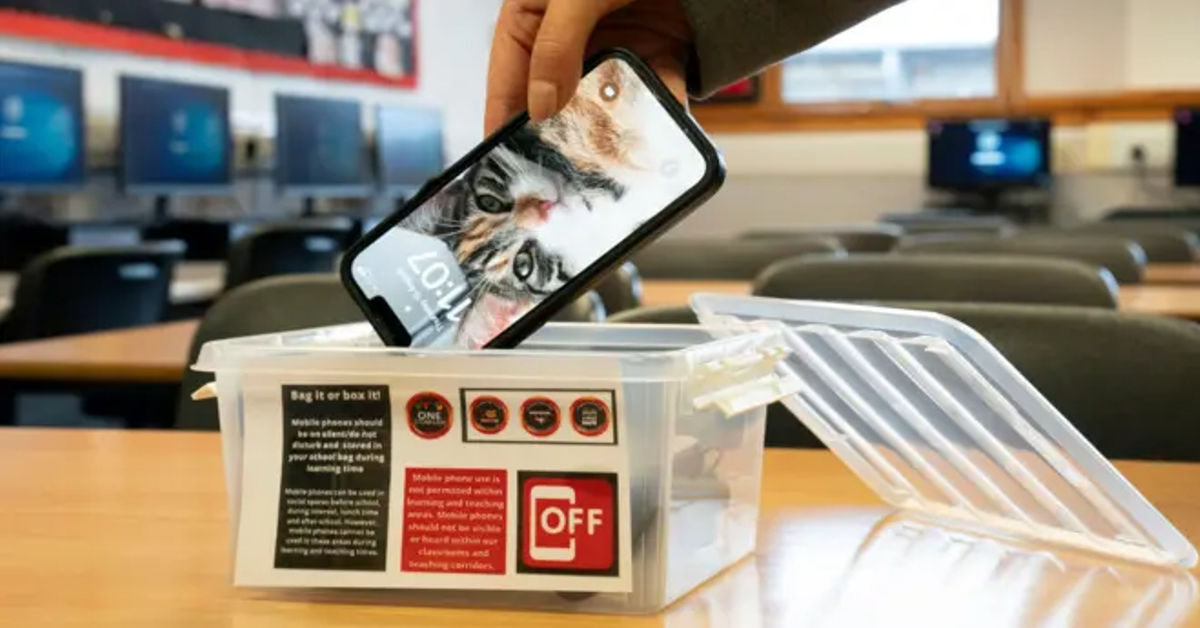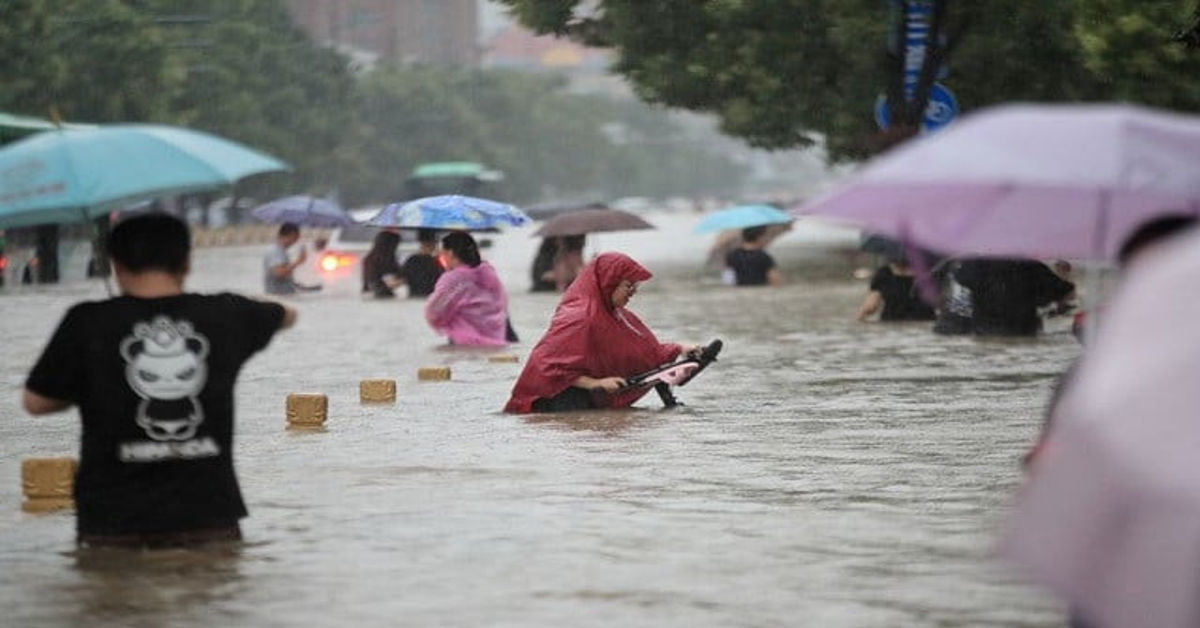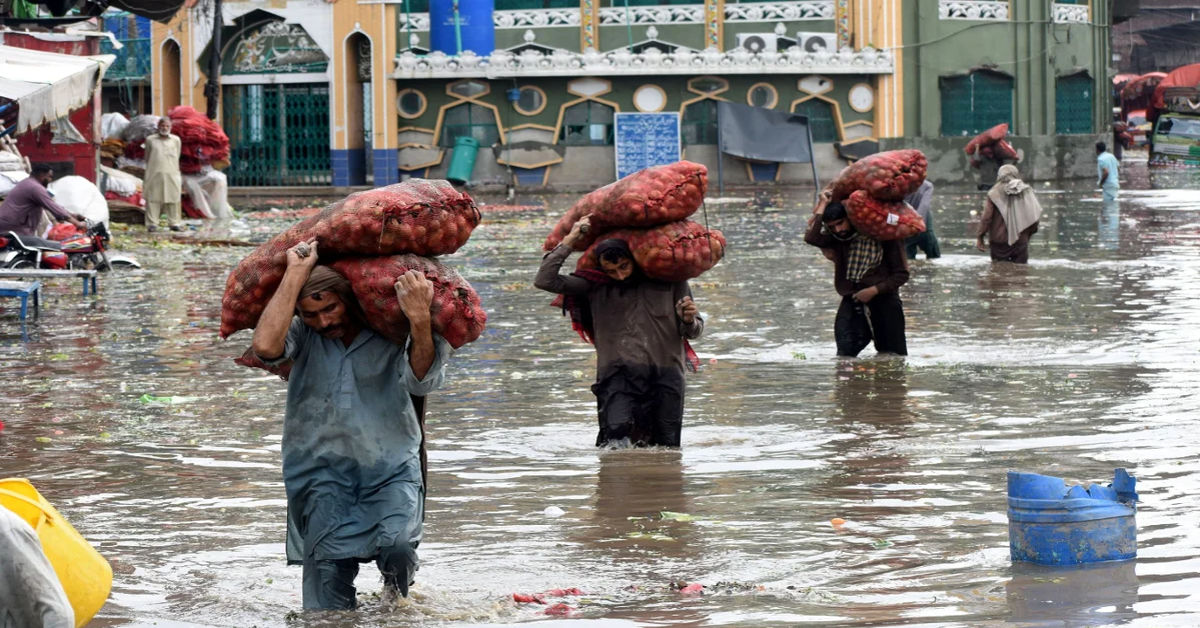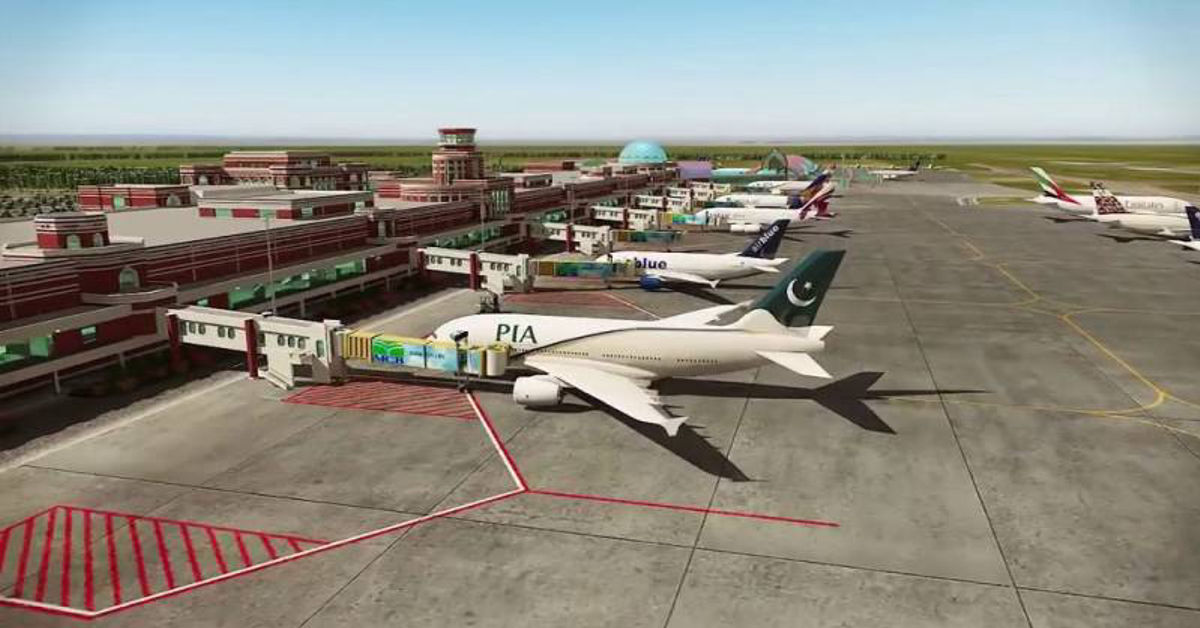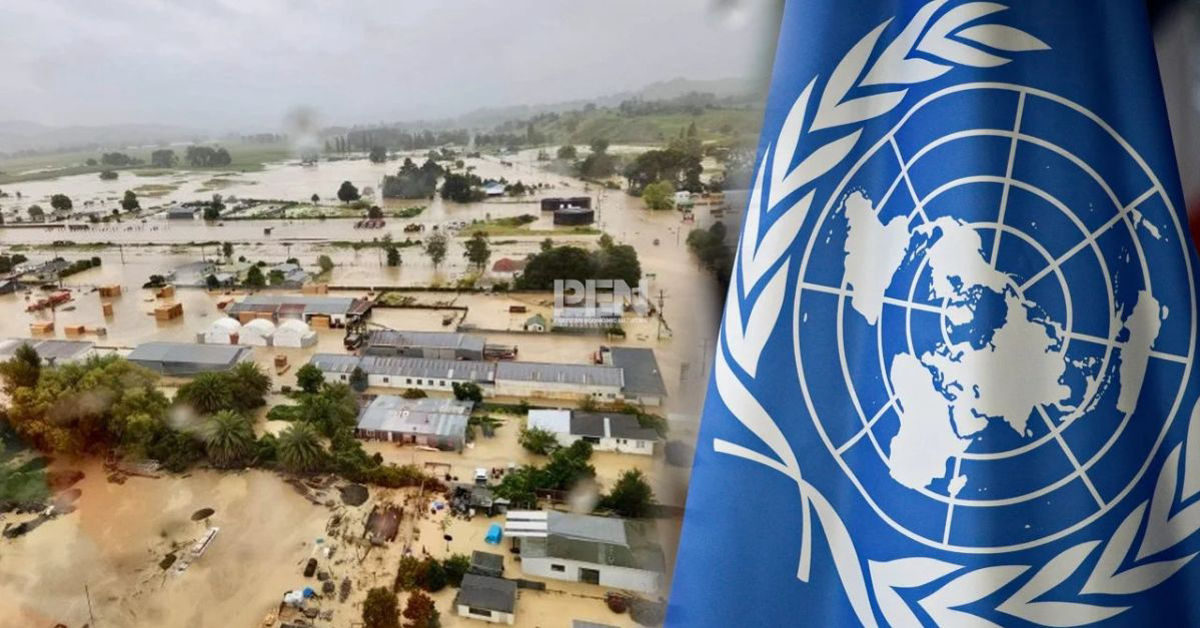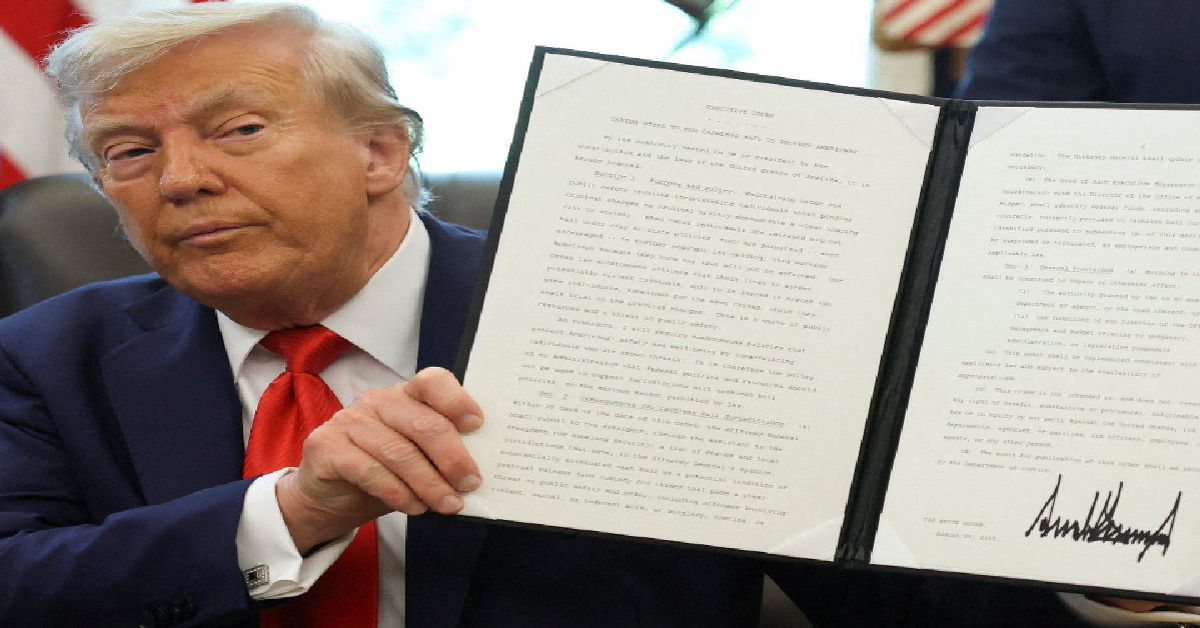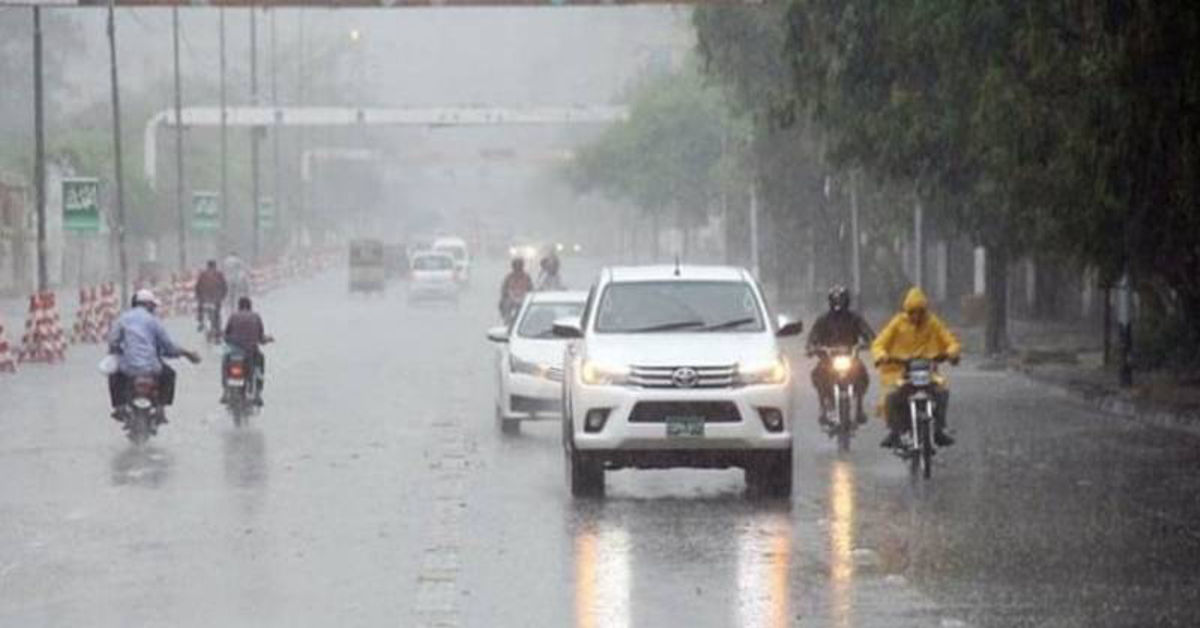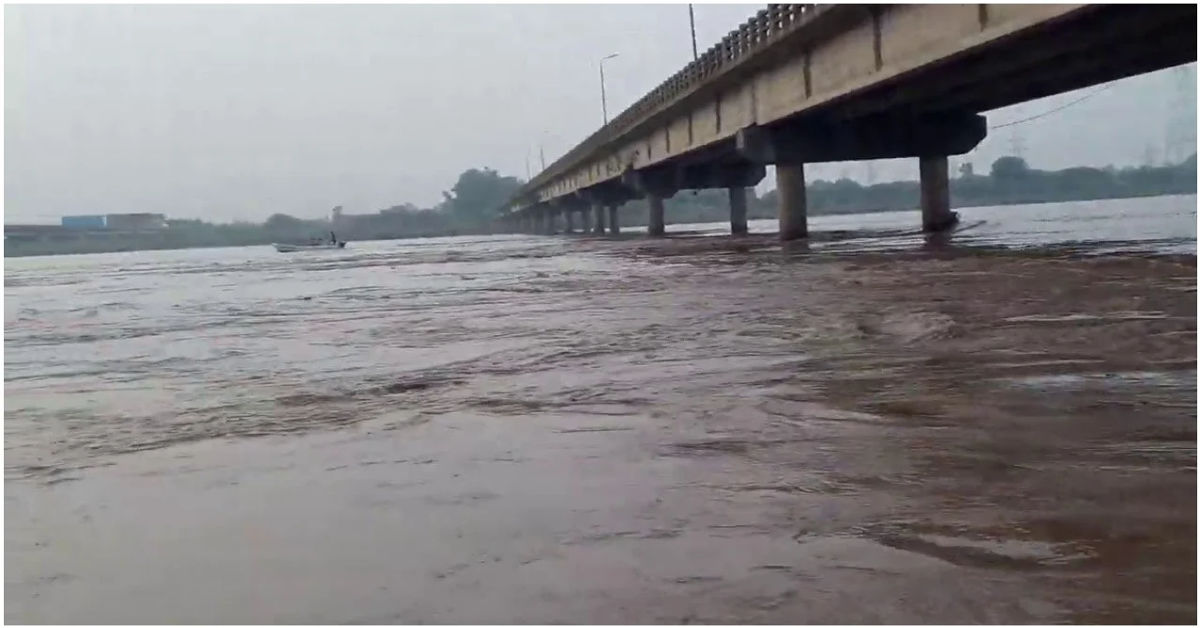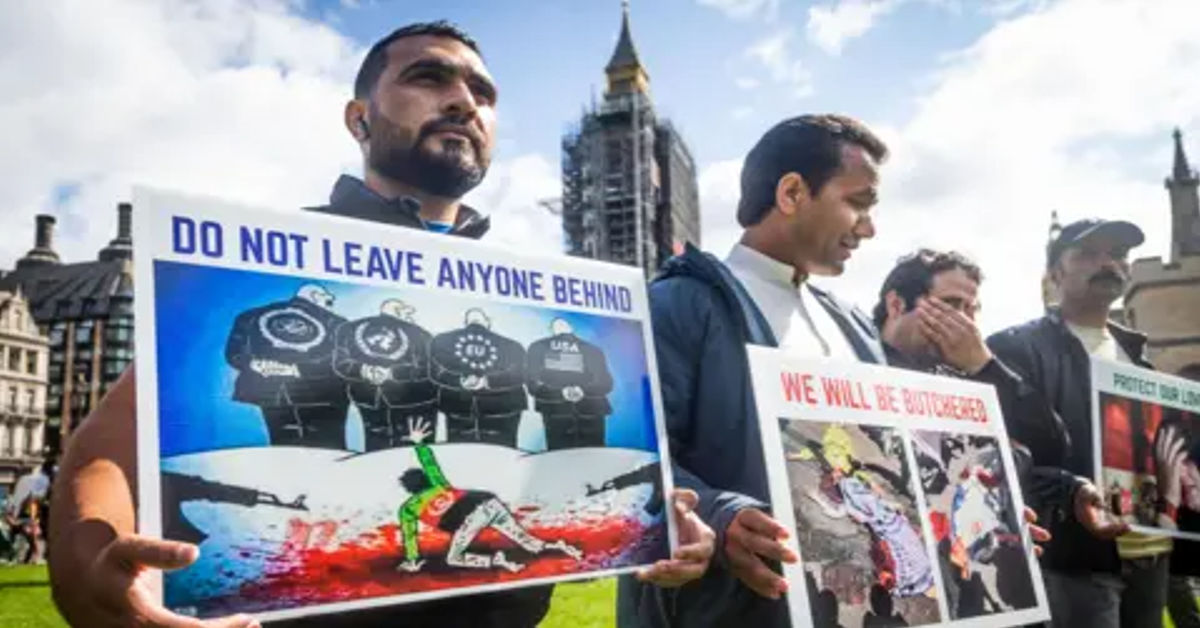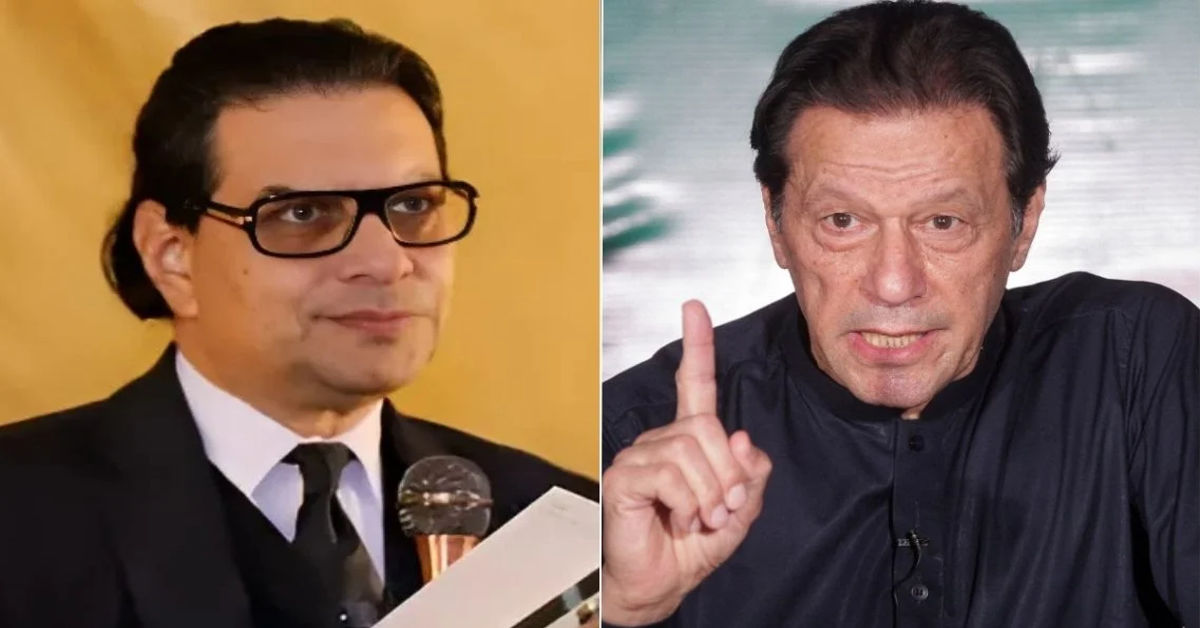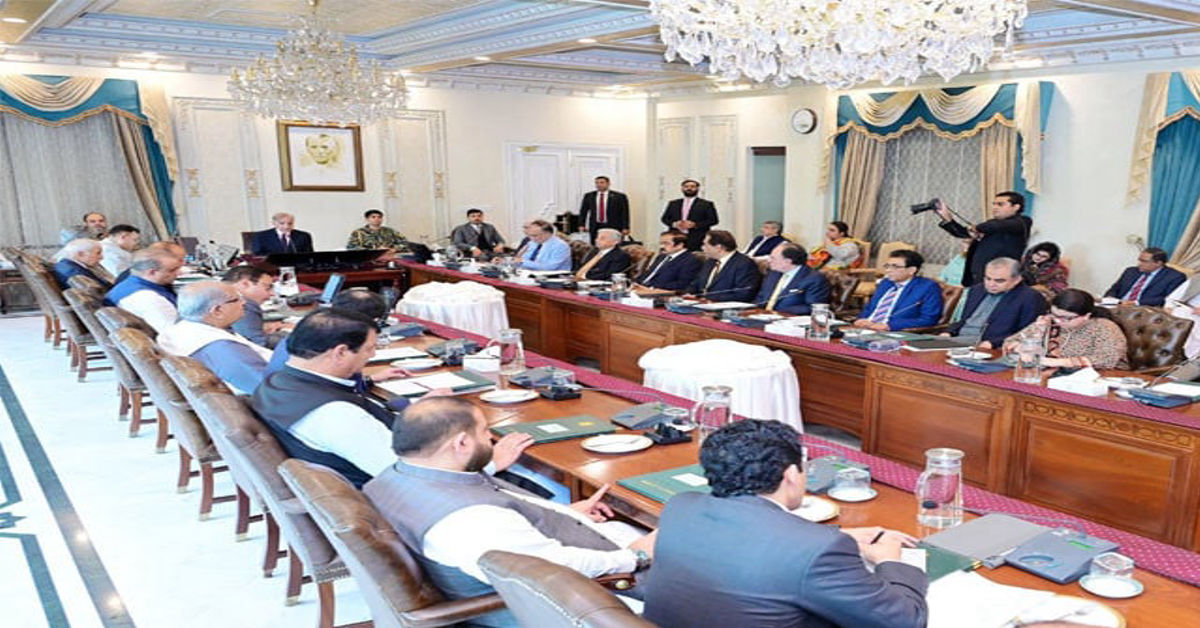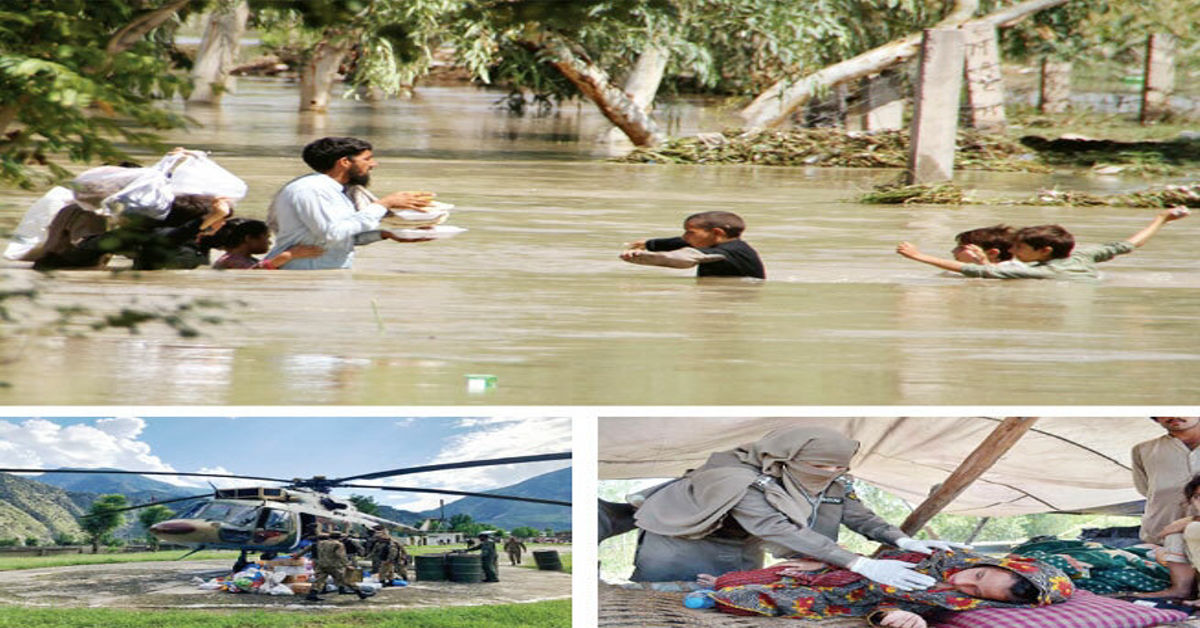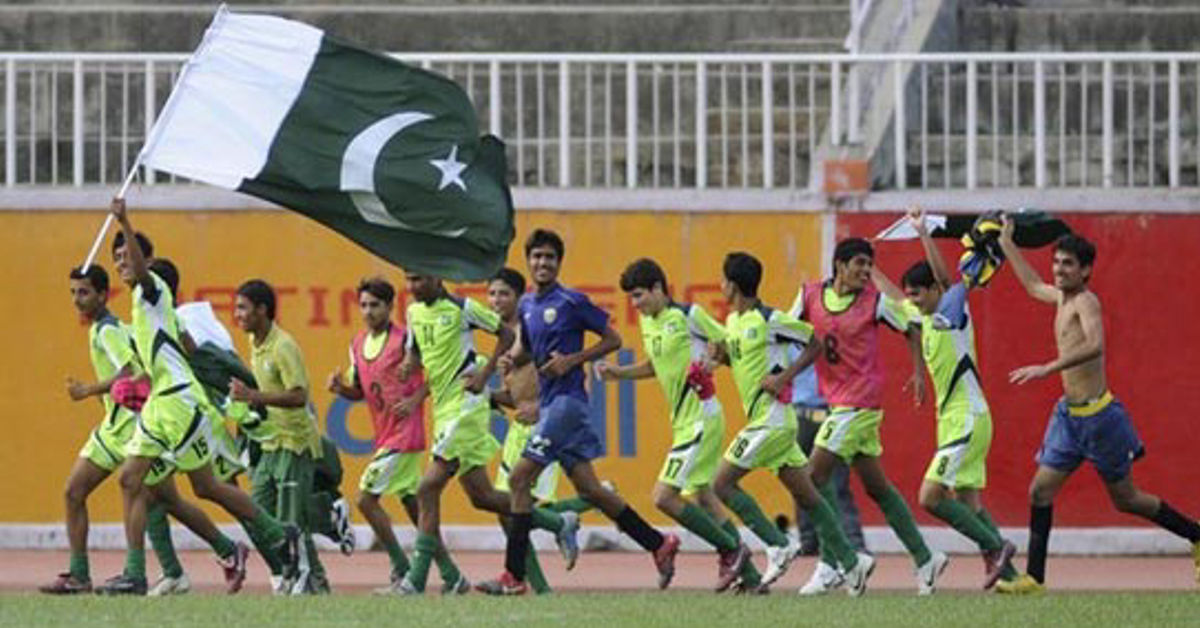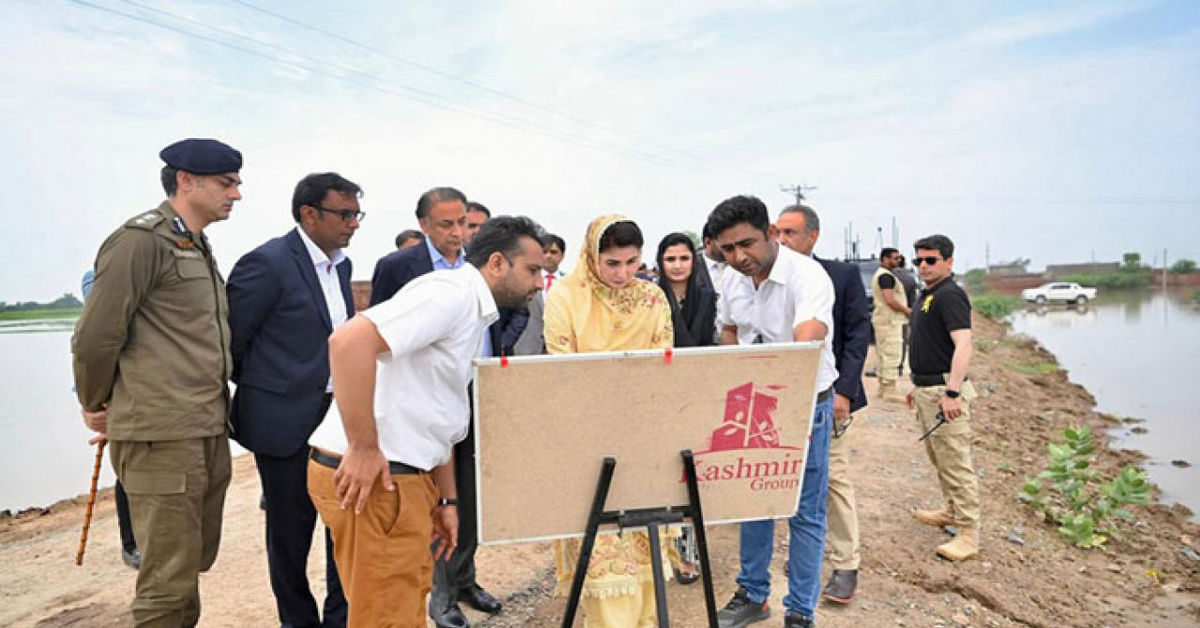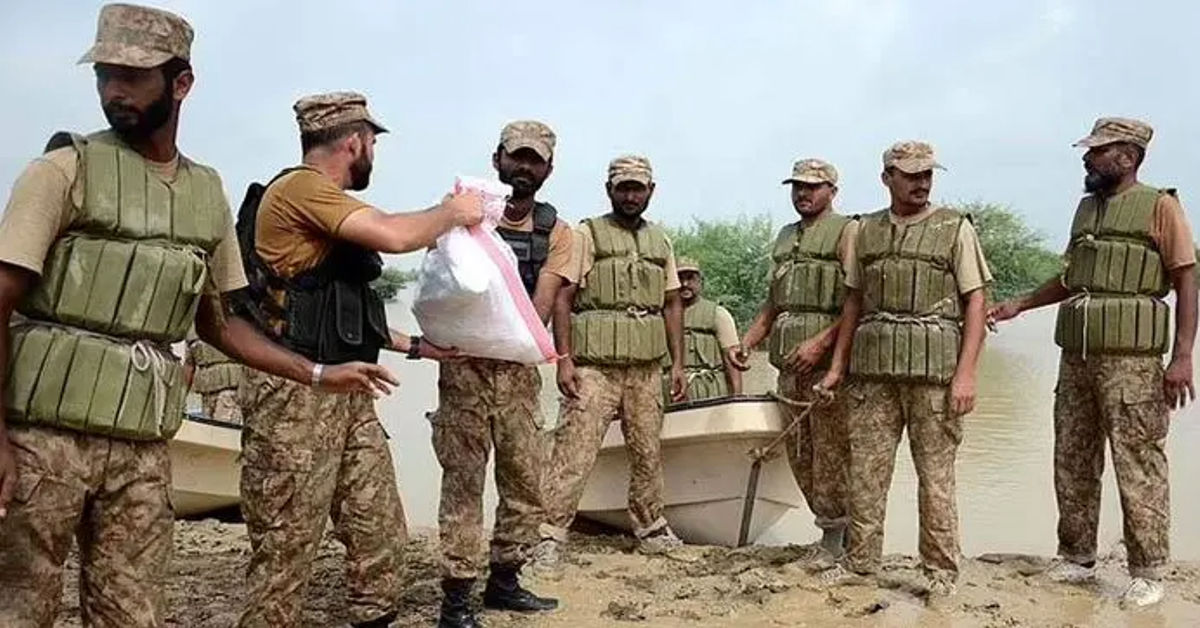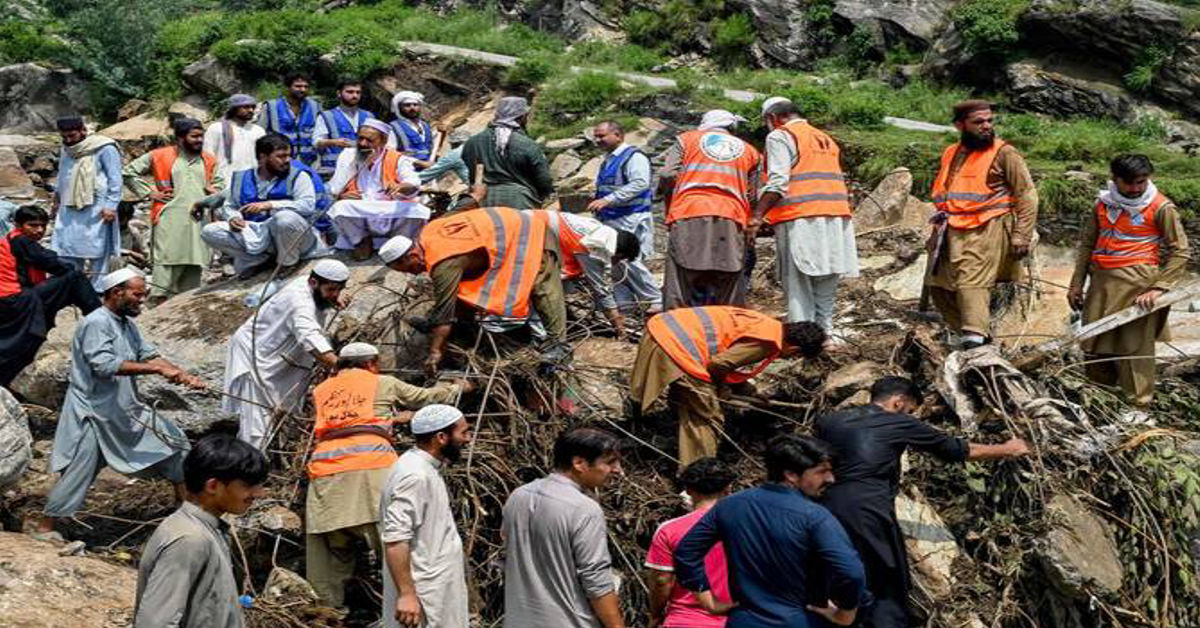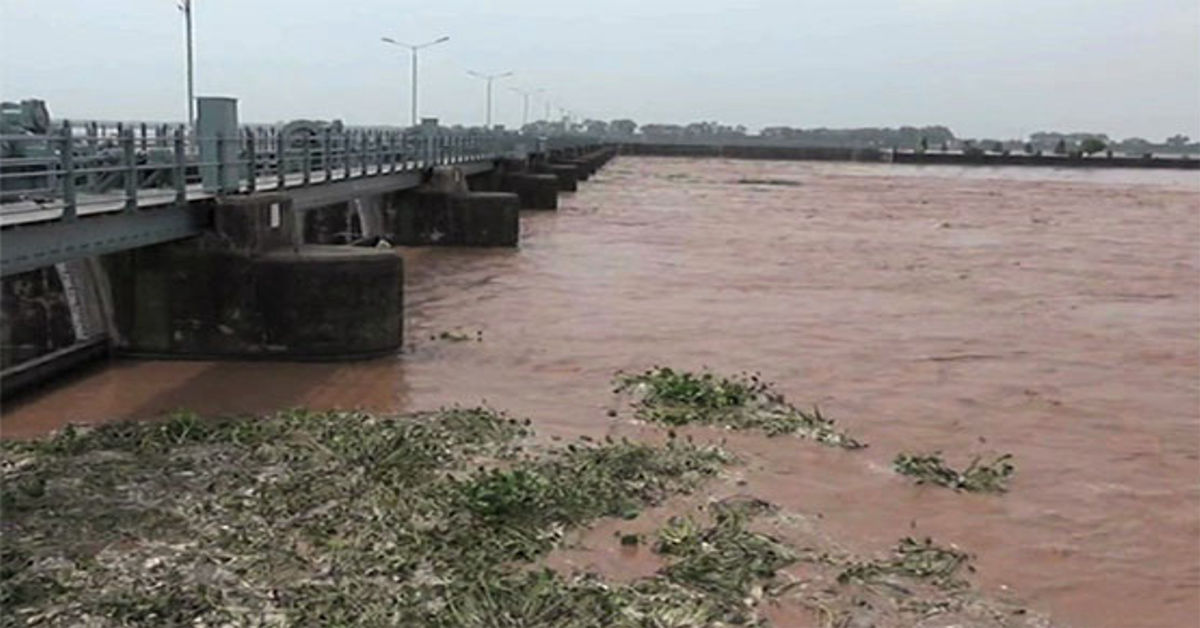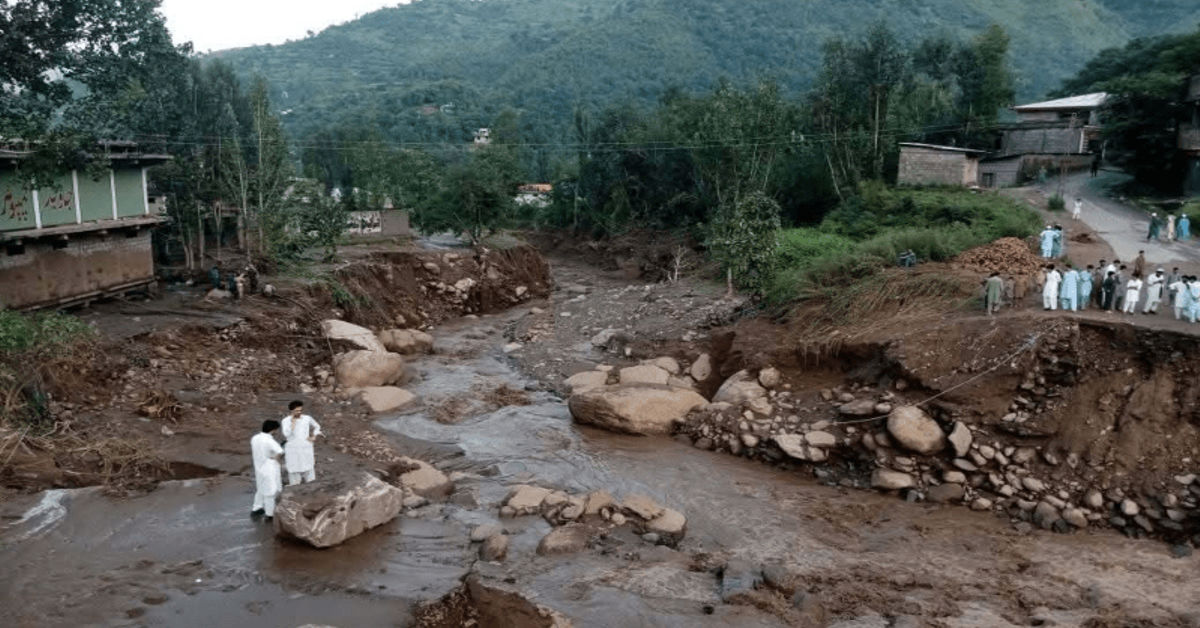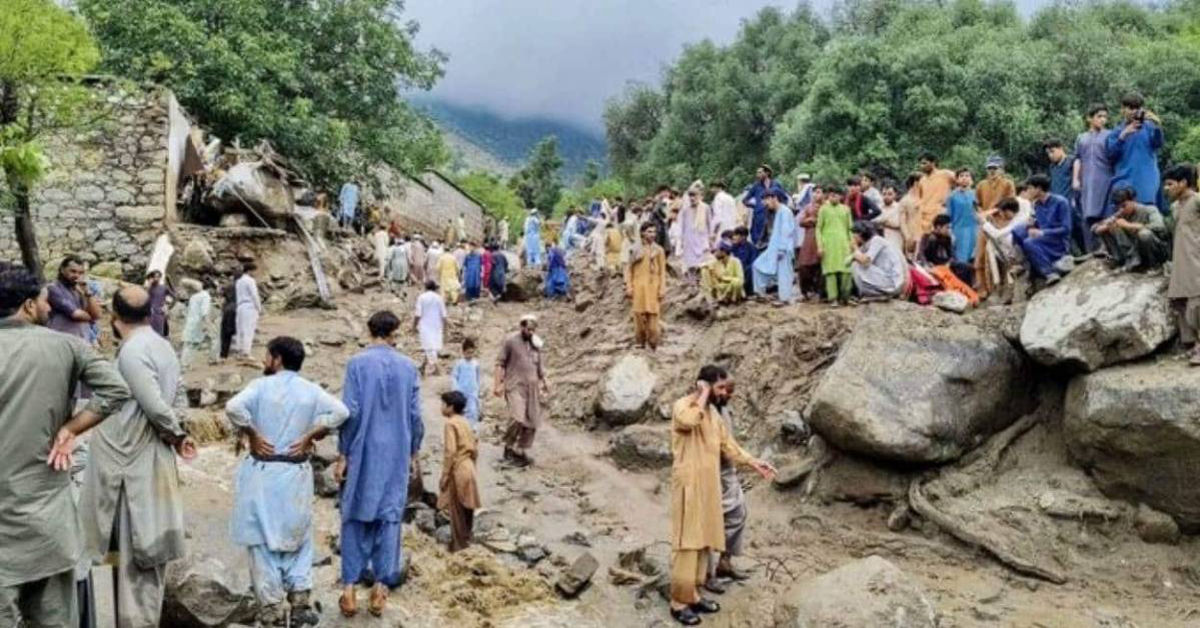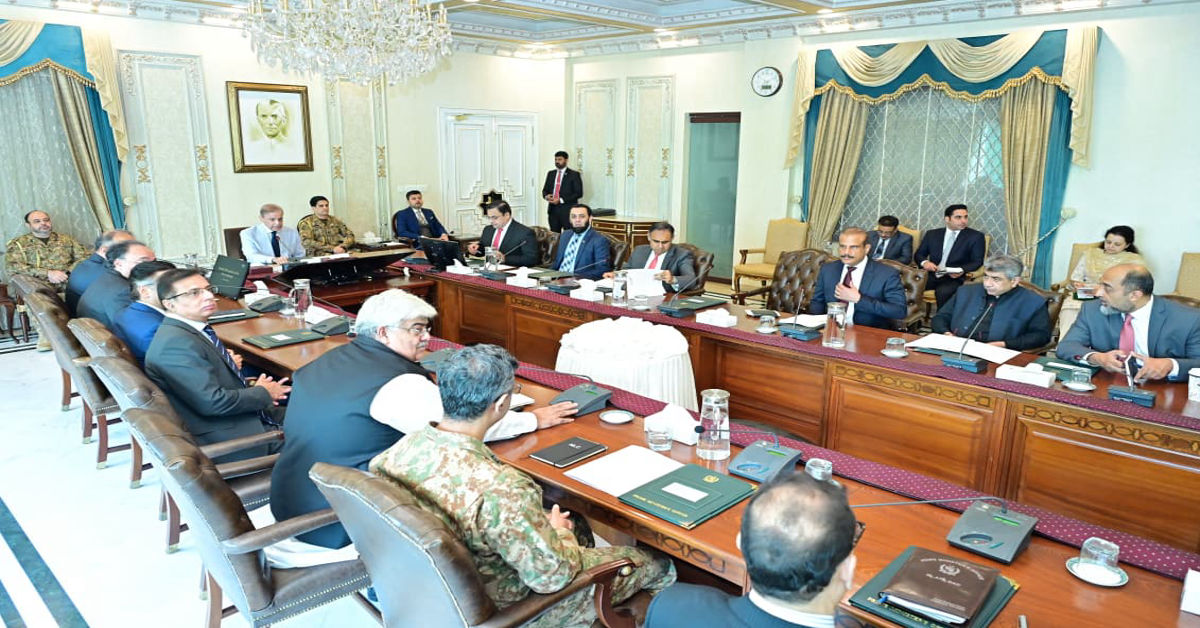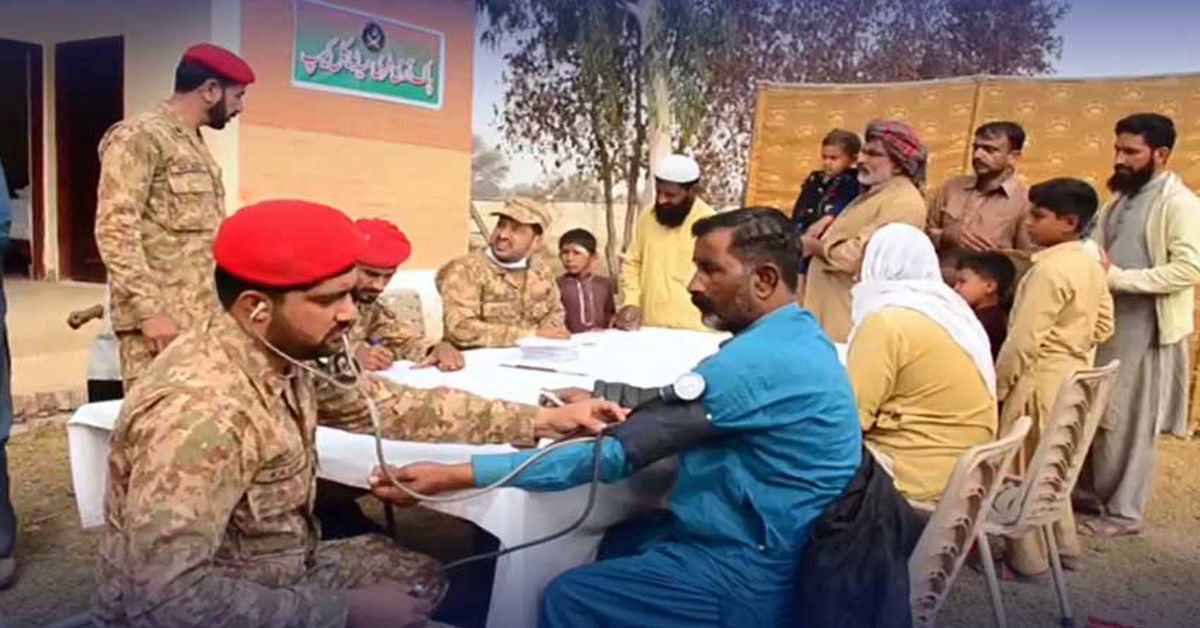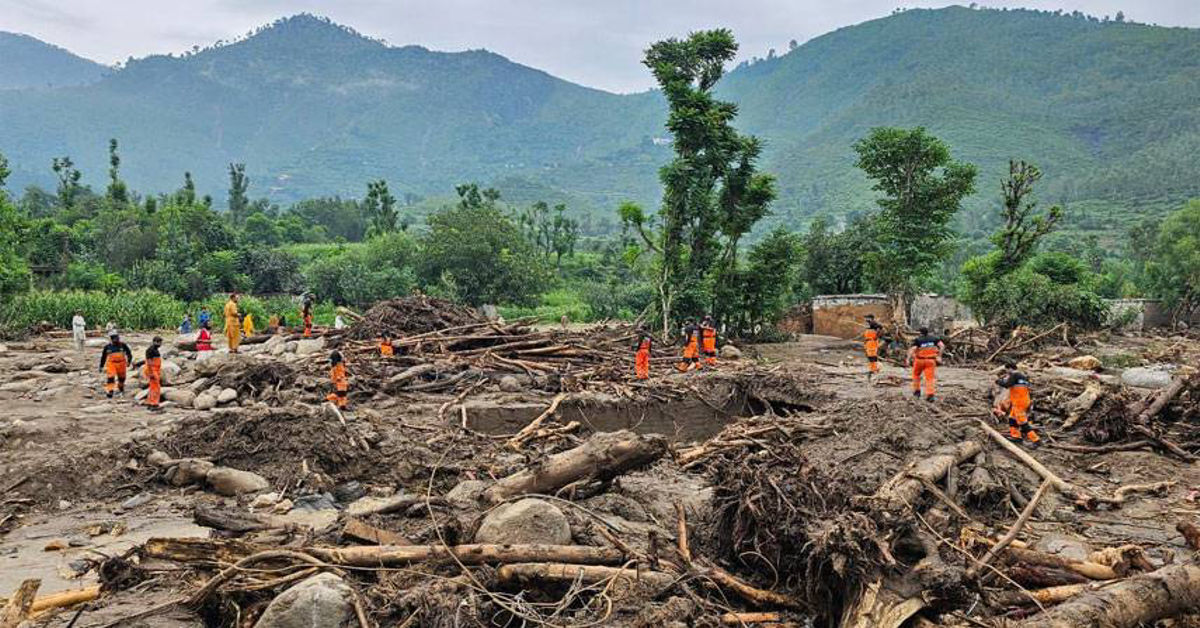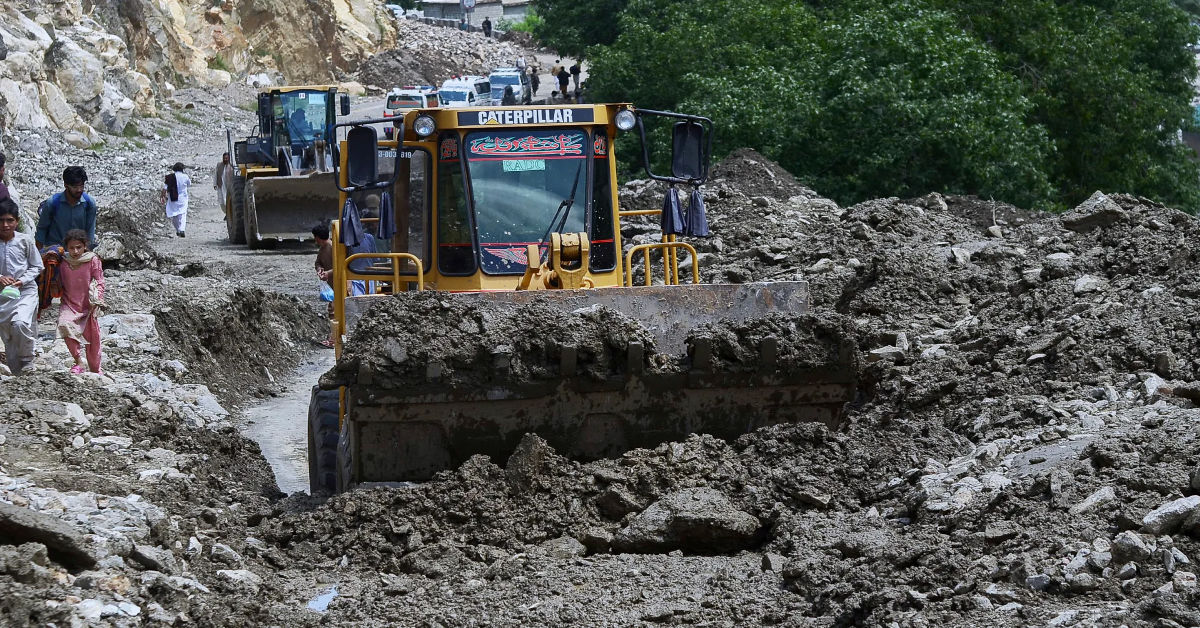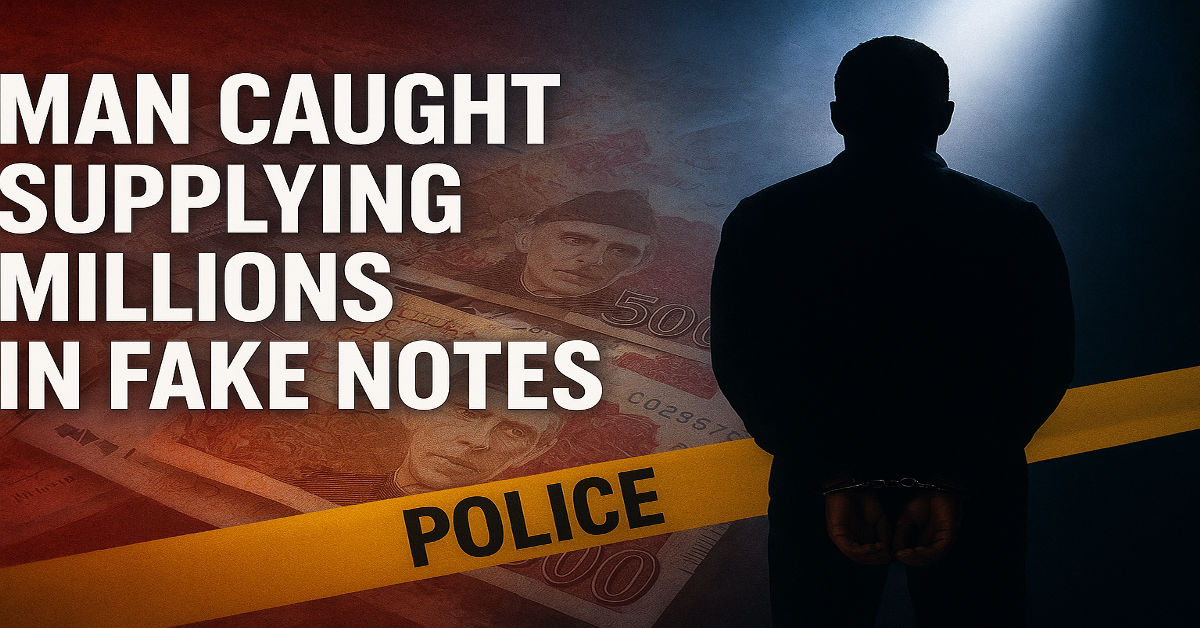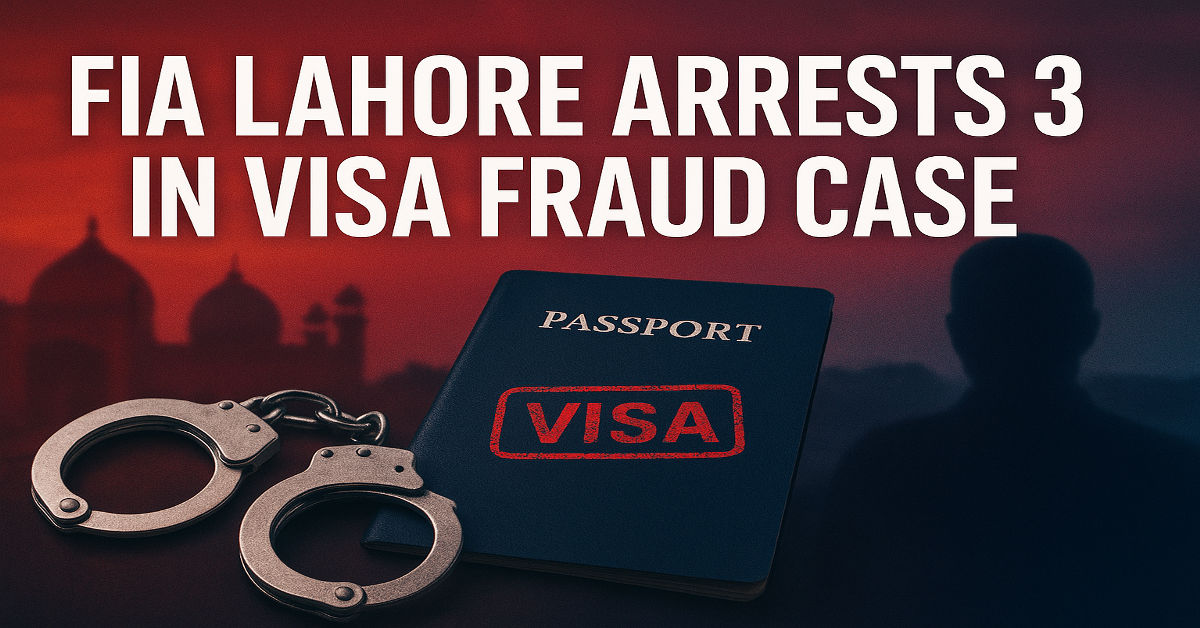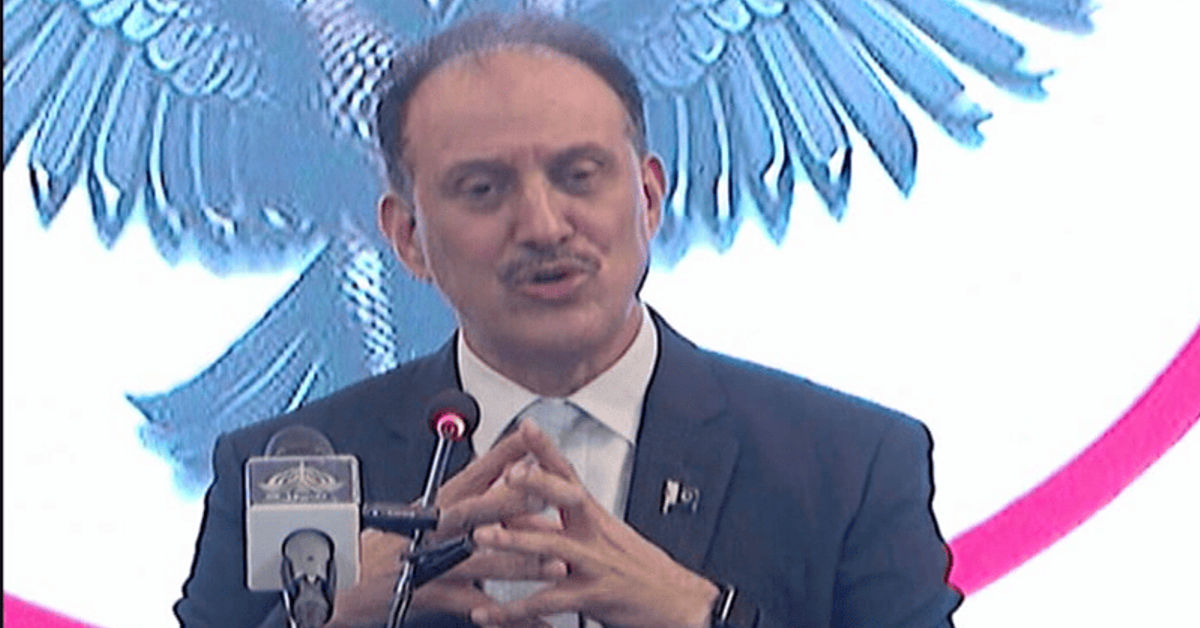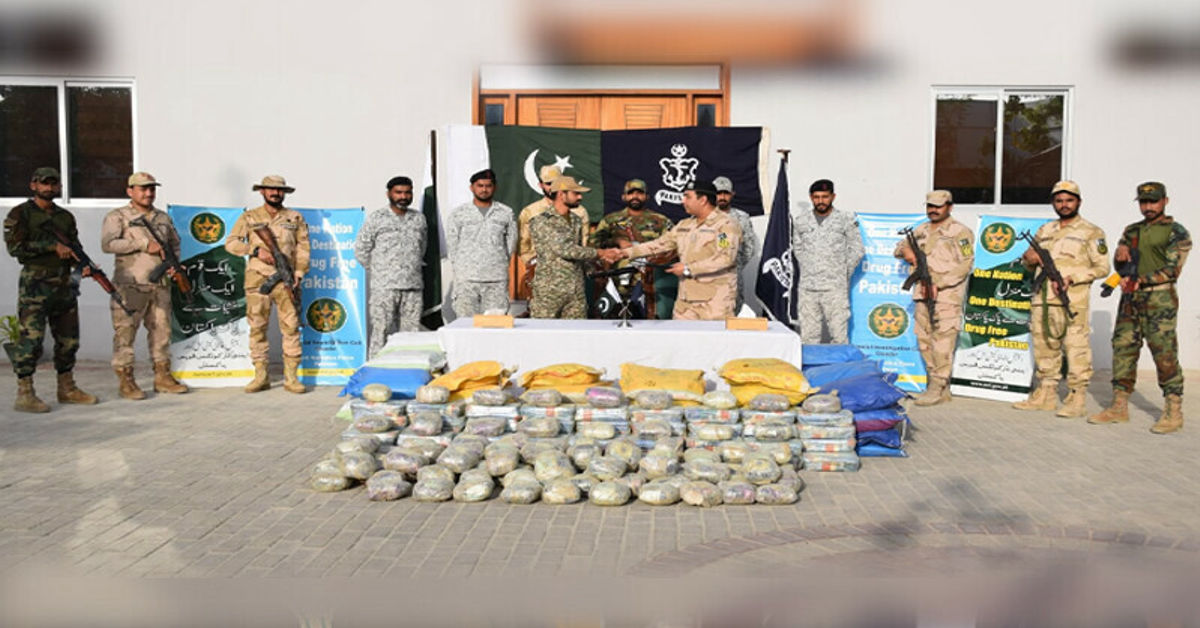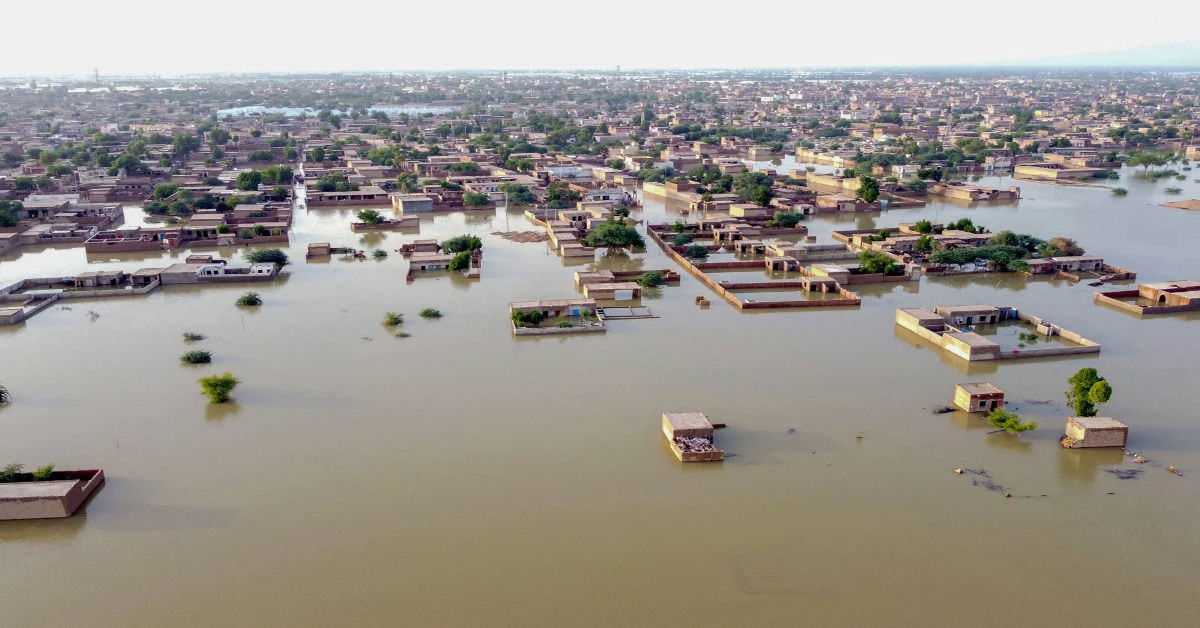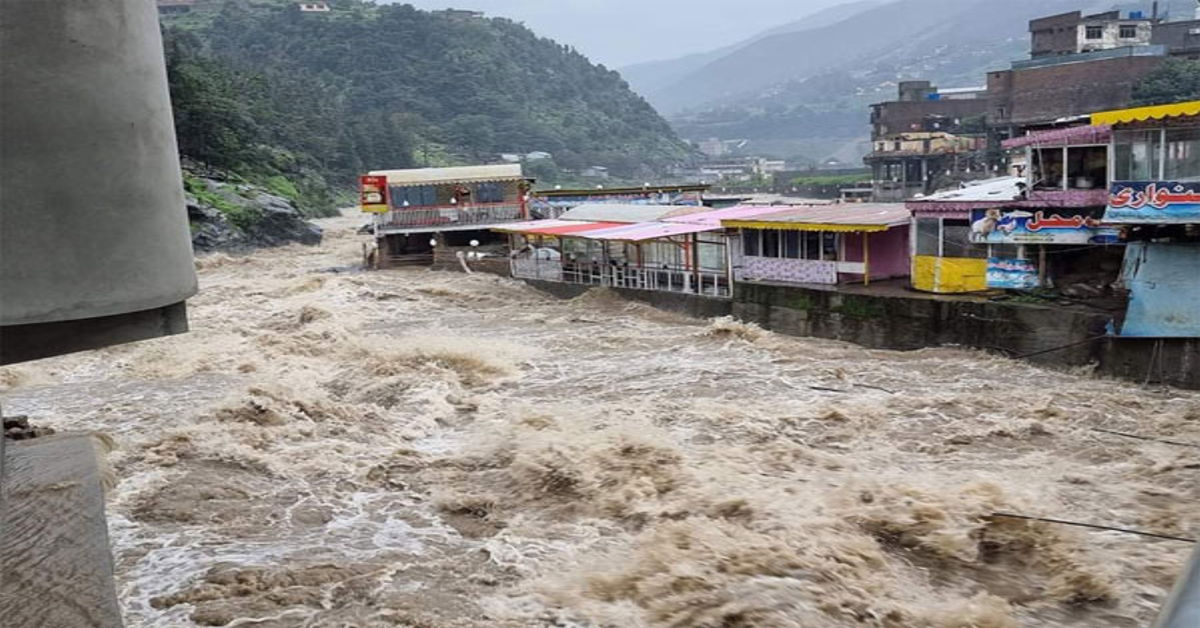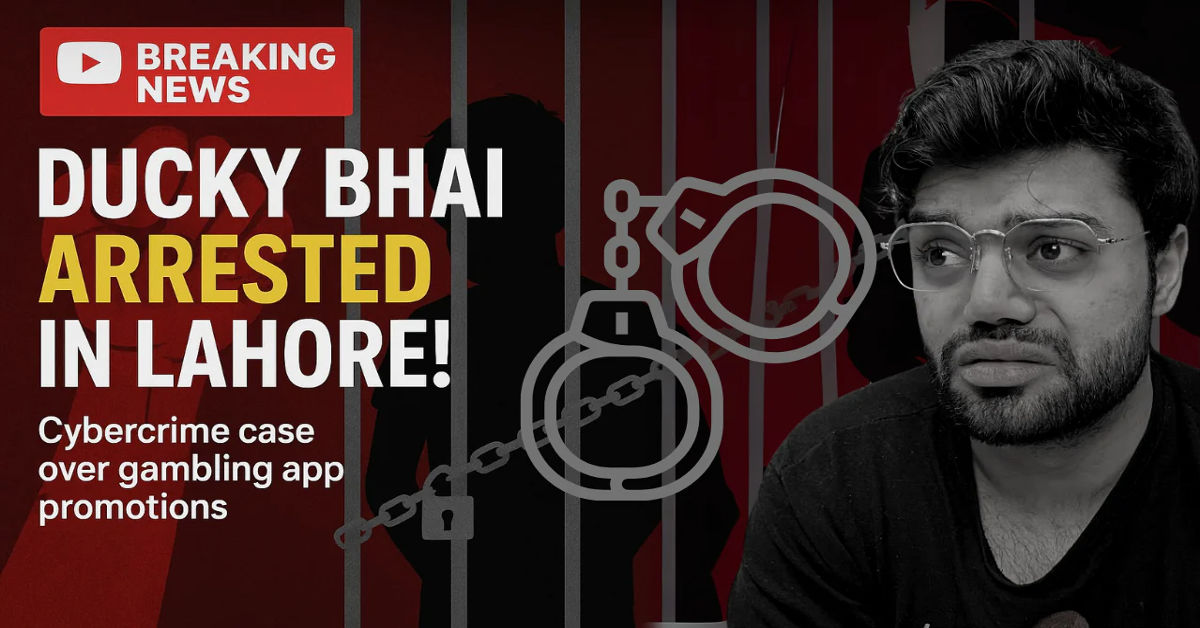
The city of Karachi woke up on June 3, 2025, to more than tremors from a slight earthquake. But to a grave security breach that jolted the entire nation. The escape, described as the largest jailbreak in modern Pakistani history, freed more than 200 prisoners from Malir Jail Karachi. Which has long been regarded as a high-security prison. The escape took place during what was meant to be a normal evacuation in the face of the tremors. What began as a short safety drill rapidly turned into uncontained pandemonium. With the prisoners exploiting the chaos to plot their coordinated bid for freedom. The dramatic escape has prompted questions about the readiness and internal workings of country’s most crucial detention centers.
Earthquake Shakes Open a Window of Opportunity
The escapade was launched following jolts of a small earthquakes in multiple areas of Karachi. While the quake was low magnitude and did not do any structural damage, the evacuation that ensued provided the ideal scenario for inmates to pounce. It appears, from a preliminary investigation so far as it has gone, that certain of the prisoners had evidently foreseen an opportunity of this sort and taken advantage of it. While the guards tried to do what they could in the evacuation a small, disciplined band of inmates launched the well-rehearsed breakout. The abrupt move from a drill to a real emergency left the staff completely unprepared to secure the facility.
Confrontation with Arms and the Capture of Prisoners
Accounts from inside the facility of Malir Jail Karachi provide glimpses of just how quickly control was ceded. Some prisoners were able to overcome guards and take their weapons, to transform the chaos into an armed confrontation. The armed prisoners unlocked cell blocks and freed dozens of other inmates who also tried to escape. The jail’s internal radios failed during the melee, adding to the difficulty in communicating with the unit to help gather inmates and reassert control, according to other inmates who were later moved into housing on the unit where the uprising occurred and spoke with The Times. Prison staff clashed with inmates in a series of gun battles, killing at least one security officer and injuring at least three others in shooting. The size and pace of the confrontation has stunned both officials and residents who are now calling for accountability.
City Wide Manhunt after Malir Jail Karachi incident
Following the deadly incident, a massive manhunt was launched in Karachi and its surrounding areas. Upon the incident, security agencies, as well as the Sindh Police, Rangers and intelligence teams were phoned and asked to immediately rush to sensitive locations. Roadblocks were set up on major roads and door to door searches started in nearby neighborhoods to the Malir Jail. As of the most recent information, 78 of the escaping prisoners have been retaken into custody, with many of them being recaptured within a few hours of their escape. But more than 120 are still on the run and there are fears for public safety as well as potential organized criminal revenge attacks. Police is asking the public to be vigilant and report suspicious activity and has also established a hotline for tips.
Government Response and Political Blowback
The jailbreak has drawn a swift and strong response from provincial and federal governments. The Sindh chief minister, Murad Ali Shah, called an emergency press briefing and said the escape was “a disastrous failure of prison management and internal security.” He verified that an investigation had commenced and that anyone found to have been culpable would be prosecuted. Shah had also called on the absconding prisoners to surrender themselves peacefully within 48 hours, adding that if they refuse to surrender, they would be charged under the anti-terrorism act of Pakistan’s strict security policies. Politicians from across the political spectrum have also lashed out at the incident, some calling on senior prison officials to resign.
Internal Review and Staff Suspension
After preliminary reports, Sindh Home Department has also suspended around eight senior officials of the jail including Malir Jail Karachi Superintendent. A judicial commission has also been set up to probe into the details surrounding the jailbreak, which, among other thing, will seek to identify the security measures in place, role of the officials and whether the facility was helped by insiders. Early reports suggest multiple failures, among them nonworking surveillance cameras, no alarms, and minimal emergency training for guards. There have also been reports of corruption and even some collusion between staff members and prisoners, although these allegations have yet to be verified. A preliminary report from the inquiry is due within two weeks.
Safety of the Public and Security Warnings
The release of such a large number of inmates has understandably spread fear among the residents of Karachi. Especially those who have their domiciles around the jail. Others have worried about their safety, noting that some fugitives have criminal histories. Additional police and paramilitary have been deployed in sensitive areas and the city has been put on high alert. Schools and government buildings in the area have been temporarily closed and public gatherings are being curtailed. Neighboring business owners in the commercial strip are also claiming to see a decline in customers and sales. Due to this panic spreading throughout the city. The government has promised that security will be restored and no more disturbances shall be allowed.
Profiles of the Escapees
One disconcerting part of the breakout has been the background of some of the escapees. Some of the fugitive inmates were imprisoned for long periods of time: many were convicted of murder, rape, extortion, armed robbery, or even terrorism. Intelligence sources said that some of the escapees are suspected to be members of banned extremist groups and organized criminal gangs. Their presence back on the street is an serious risk to the public and to law enforcement. There are now campaigns underway to help distribute photos and criminal records of the individuals through local media and social media with cash rewards for the capture of everyone being sought.
Reactions at National and International Levels
The escape has received national and international publicity. Foreign consulates in Karachi, such as the U.S. Consulate and the British High Commission, warned their nationals to avoid unnecessary travel and take precautions. The incident has also provoked a debate in the international human rights community about conditions. In Pakistan’s prisons and its criminal justice system more broadly. There have been concerns about overcrowding, short staff, technology infrastructure. Pakistan’s prison system has long been criticized, but the magnitude of the incident has sparked long-renewed demand for urgent reforms.
What’s Next Reform or Repeat?
The Malir Jail jailbreak isn’t just a security breach. It’s an alarm bell for a justice system on its knees after decades of criminal neglect. Now analysts, lawyers and civil society leaders are calling for a total overhaul of prison protocols. Which they say, should include training staff members better, updating surveillance equipment and greater oversight to guard against corruption. Without real reform in the wake of this disaster, experts warn that other, or worse, catastrophes could occur. The case has put the onus on the government’s commitment to address institutional failure. And to reform a justice system that is safe, humanitarian and accountable.
Conclusion
The mass Malir Jail Karachi is a chilling reminder of the porousness of Pakistan’s security. More than 120 fugitives remain unaccounted for and the city is tense and jittery. Even as the manhunt goes on the potential stakes for governance, criminal justice and civil society at large are being debated at the highest levels. In the end, whether this crisis brings lasting change or vanishes into another neglected chapter of history will be decided by what decisions the government makes next.






